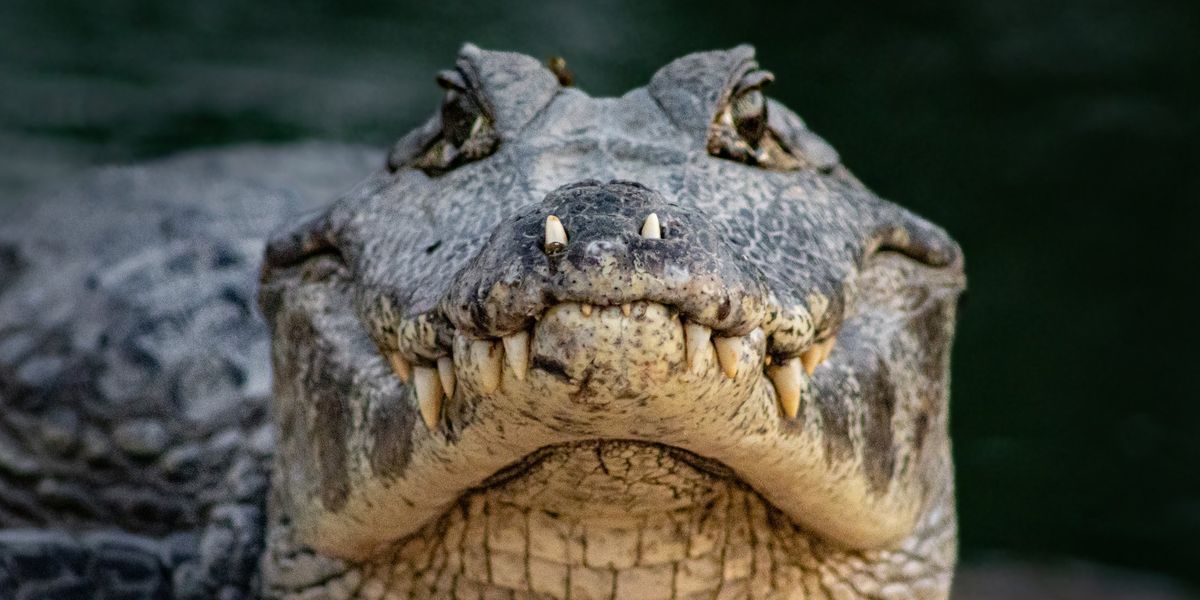ShahdagMountains
Diamond Member
- Jan 16, 2012
- 9,135
- 8,338
- 2,128
A warning to readers who don’t have a fear of the deep ocean: this story might soon change that.
Back in 2019, a group of researchers who wanted to stir excitement down in the murky recesses of the sea conducted a unique experiment.
The team, from the Louisiana Universities Marine Consortium (LUMCON), dropped three dead alligators 6,560 feet (2,000 metres) down into the Gulf of Mexico to see how deep-dwelling creatures would react to an uncommon food source.
However, this swiftly proved to be far from the case.
Within a day, nine large isopods (Bathynomus giganteus) were observed feasting on the first carcass, eventually penetrating its hide and eating their meal from the inside out – imagine a crew of foot-long, pink woodlice crawling all over a gator and you get the picture.

 www.indy100.com
www.indy100.com
Back in 2019, a group of researchers who wanted to stir excitement down in the murky recesses of the sea conducted a unique experiment.
The team, from the Louisiana Universities Marine Consortium (LUMCON), dropped three dead alligators 6,560 feet (2,000 metres) down into the Gulf of Mexico to see how deep-dwelling creatures would react to an uncommon food source.
However, this swiftly proved to be far from the case.
Within a day, nine large isopods (Bathynomus giganteus) were observed feasting on the first carcass, eventually penetrating its hide and eating their meal from the inside out – imagine a crew of foot-long, pink woodlice crawling all over a gator and you get the picture.

Scientists discover monstrous 'zombie worms' that can devour whole alligators
A warning to readers who don’t have a fear of the deep ocean: this story might soon change that.Back in 2019, a group of researchers who wanted to stir excitement down in the murky recesses of the sea conducted a unique experiment.The team, from the Louisiana Universities Marine Consortium...
 www.indy100.com
www.indy100.com

